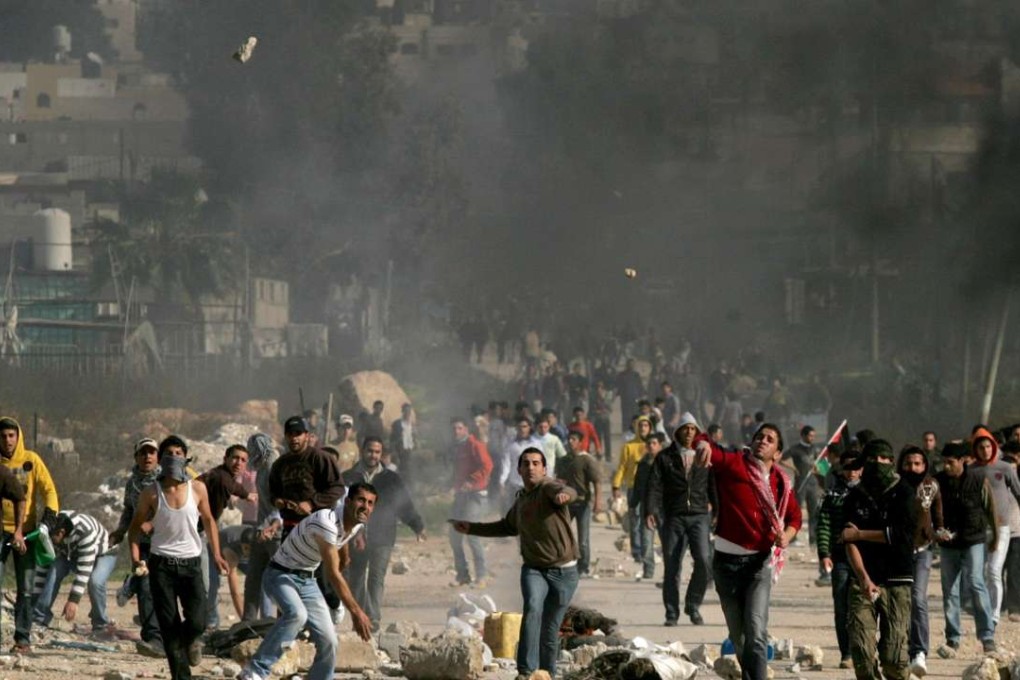Advertisement

Arab-Israel conflict was avoidable
Alon Ben-Meir urges US president-elect Donald Trump to “pressure Israel” to agree to a two-state solution (“Trump must try to get Israel’s acceptance of a two-state solution”, November 19).
There is little to indicate that, as president, Trump will want to tread into a dispute that has been the graveyard of hopes for 70 years.
Advertisement
As Ben-Meir himself notes, even outgoing US President Barack Obama has failed in the endeavour, despite “supreme efforts”.
But even if Trump were to wade into these murky waters, why is it that only Israel should be pressured?
Advertisement
After all, Israel has repeatedly accepted a two-state solution over the last 70 years, whereas various iterations of Palestine have rebuffed all solutions.
On September 1, 1947, the UN Special Committee on Palestine issued a report proposing a split of the Palestinian Mandate along lines similar to those pursued by Palestinians today.
Advertisement
Select Voice
Select Speed
1.00x